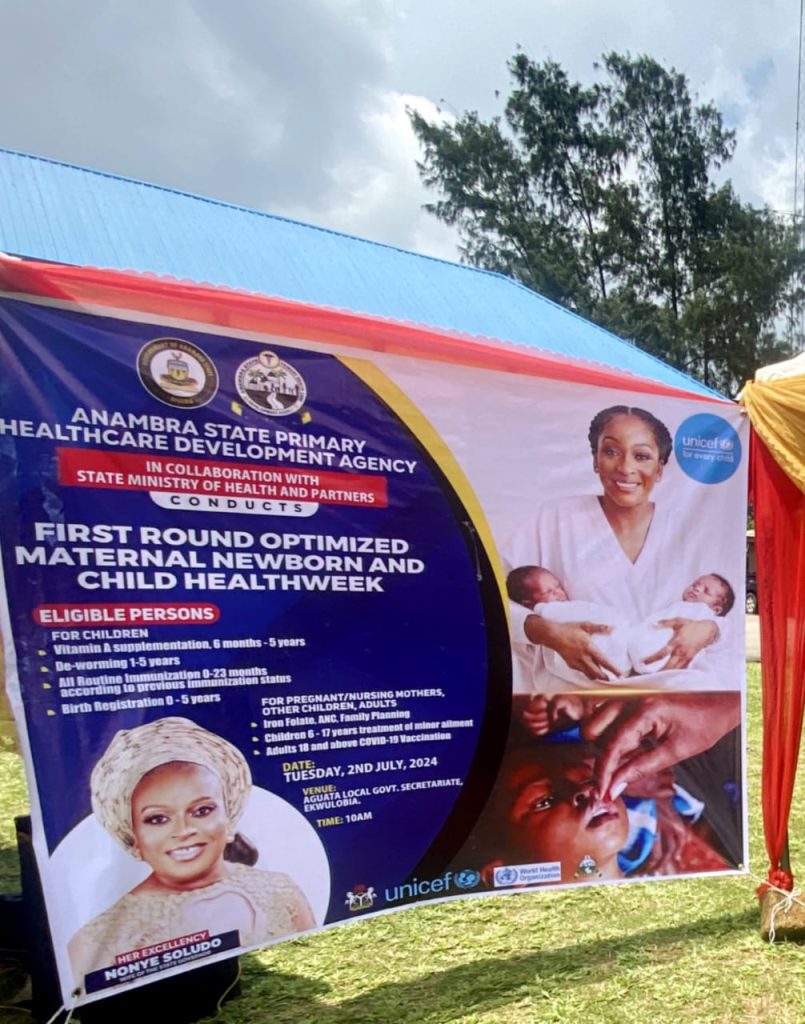Lawrence Nwimo, Awka
The Justice Development and Peace Caritas (JDPC) Nnewi, a faith-based nongovernmental organisation has called for an increased patronage of health care facilities and programmes initiated by Anambra State Government towards enhancing quality healthcare in the state.
JDPC described as poor, the attitude and behavior of citizens towards making themselves available to access government’s health programmes particularly in the primary healthcare facilities.
In their recent report released following the 2024 First Round Optimised Maternal Newborn and Child Health (MNCH) week in the state, JDPC said despite successful community engagements, challenges such as low citizen trust in healthcare services and inadequate health data sets still persist.
It urged citizens to take full advantage of the programmes to encourage government to provide more essential healthcare services in the state.
JDPC, in the report, pointed out that insufficient funding and infrastructural challenges are still huge issues facing primary health centers (PHCs) in the state, despite efforts from the state government and donor agencies.
The organisation noted that the lack of adequate funding is hindering PHCs from functioning effectively and is severely limiting their ability to provide comprehensive healthcare services to residents in need.
JDPC supported by the International Budget Partnership (IBP), along with other partners, is currently working to improve maternal and child healthcare services at PHCs under the SPARK 2 intervention in the State.
The organisation emphasised the urgent need for increased healthcare funding to ensure the availability of essential drugs, equipment, and improved facilities at PHCs. They also highlighted the necessity for proper infrastructure, including clean water, electricity, and sanitation facilities, as well as adequate staffing and supply chain management.
JDPC called on the government to prioritise healthcare funding and infrastructure development, stressing the importance of accountability mechanisms to ensure transparency in resource allocation.
They recommended comprehensive investments to upgrade PHC infrastructure, train healthcare workers, and establish robust supply chain management systems.
They further advocated for collaborative efforts to address the funding gaps and infrastructure deficiencies as well as improve healthcare outcomes for all residents.

